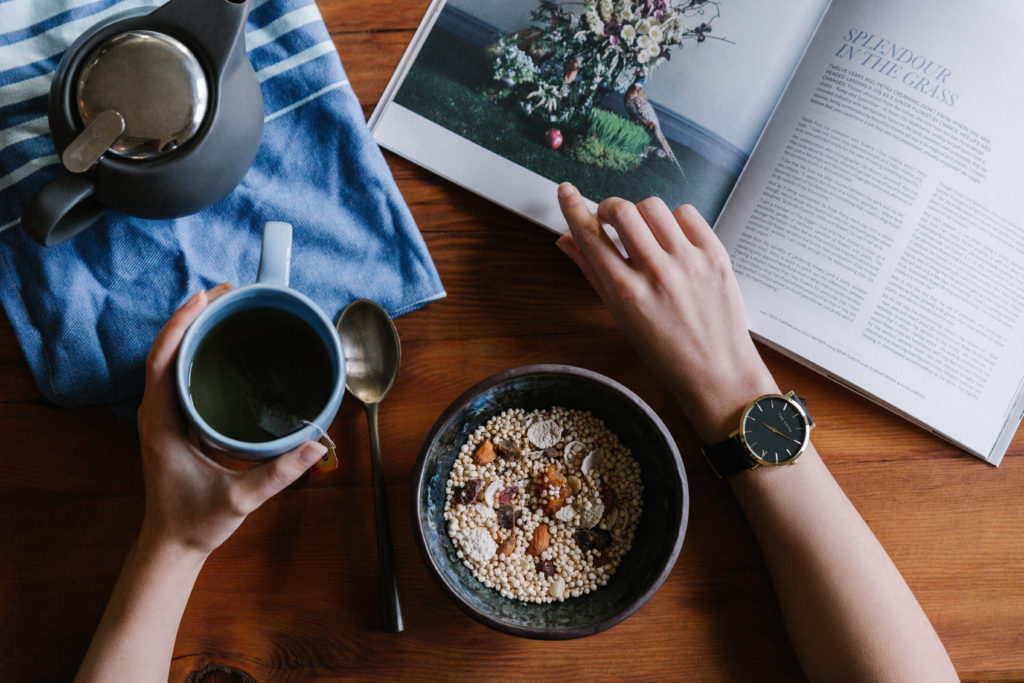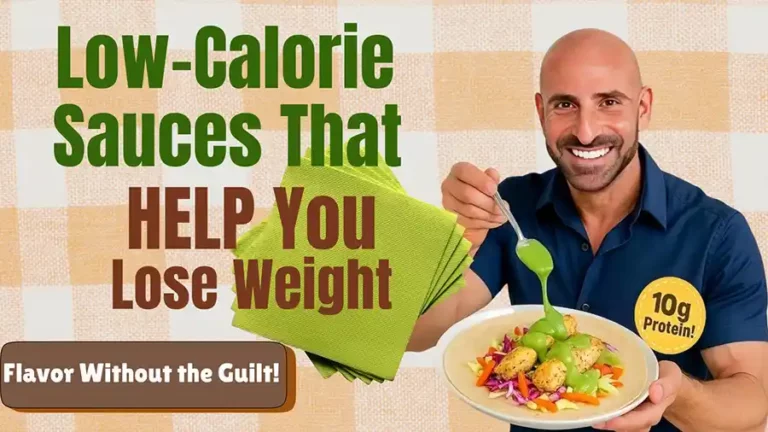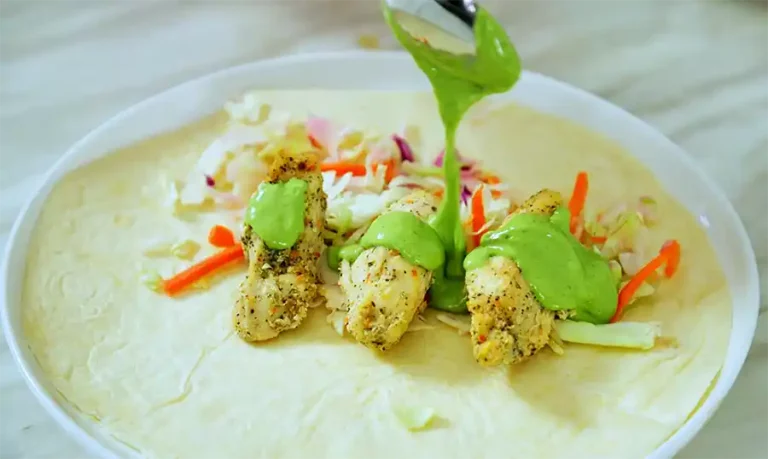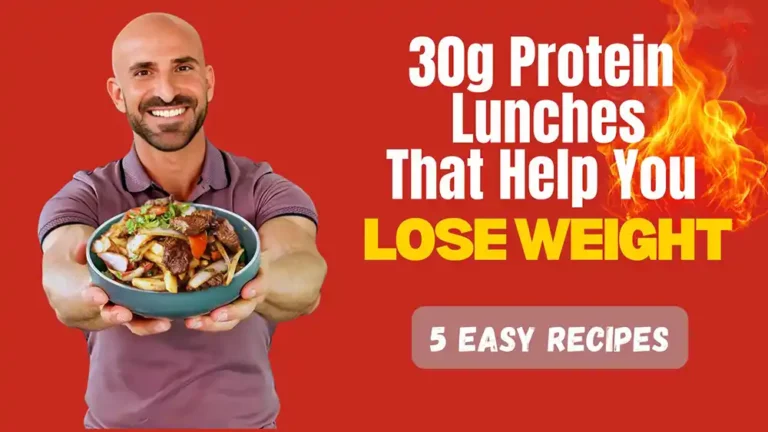
Plant-based eating is a style of eating that’s not going away any time soon. If anything, it’s going to dominate before we all know it. The first thing you should know before you proceed is that there’s no official definition to the term “plant-based,” but that it is not synonymous with vegetarian or vegan. For the purposes of this article, we will be talking about vegetarian and vegan diets. If you are thinking about starting one, you should first consider if it is right for you or if your particular lifestyle will make it sustainable.
If you decide to adopt a vegan or vegetarian diet for whatever personal reasons you may have, that is completely your choice, but you should stay informed first to keep yourself healthy. Here are some qualities that may make the transition difficult for you to sustain:
- You get stressed at the idea of or have trouble finding time for meal planning. This is a biggie. Vegetarian and vegan diets can be a great way to improve health and get in a consistent intake of antioxidants, nutrients and fiber. However, we cannot also forget about the protein and other key nutrients (more on that later) that are harder to get when you’re on a diet that omits animal products. Thus, very careful meal structure and planning must be in place on a daily basis in order to maintain health, energy and avoid dangerous nutrient deficiencies. If you don’t have time to meal plan, have trouble staying consistent with meal planning or just hate the idea, then a vegan or vegetarian diet is probably not for you.
- You operate on a tight food budget. As the names imply, vegan and vegetarian diets require lots of fruits and vegetables! Frozen and canned fruits and veggies are just fine. You don’t have to go organic when you go vegetarian. However, it’s not a bad idea to have some fresh produce in the mix as well. Also, plant protein sources such as tofu, soy milk and beans can get up there in price in the long term. Unlike meats, plants, though very nutrient-dense, won’t keep you as satisfied for as long. Therefore, you’ll need to eat more of them than normal. You’ll also want to make sure you’re getting in sufficient calories, so you may end up eating more food than usual. This means higher food costs which may not be the best fit if you’re on a budget.
- You have limited cooking skills. Veggie burgers, rice and beans can seem okay in the short-term, but if you’re just starting out on a vegetarian diet the same old thing can get old very quickly. Therefore, you’ll have to get creative with the meals you make yourself. This means recipe research, maybe even acquiring some brand new kitchen equipment and above-average culinary skills to pull off recipes that don’t include meat. Additionally, if you’re a person who already doesn’t eat that many fruits and vegetables or you just don’t prepare them on your own very often, you’ll really have to brush up on your cooking to find ways to prepare your veggies in a way that is appealing to you.
- You are struggling or have struggled with deficiencies like anemia in the past. Some nutrients like iron and calcium are better absorbed from animal sources. Therefore, you’ll have to consume twice as much from plant sources to get the same amount. If you’re already someone who is anemic, has bone health issues or struggles to get enough protein or calories in your diet, transitioning to a plant-based diet could put you at a significant health risk.
- You prefer meat substitutes over actual vegetables. Ahhhh the fake chicken and soy-based burgers. Many people who transition to a vegan or vegetarian diet without speaking to a nutrition professional assume they can live on the diet eating meat substitutes alone. I mean…why not? You miss meat, it tastes like meat and is plant-based so it’s better for you right? Well…not really. Many of today’s meat substitutes are actually full of a long list of hard-to-pronounce ingredients, fillers and highly processed to get the end result. Think about it. You can’t make a soybean taste like a medium-well beef burger without a lot of processing. Plant-based of no, eating highly processed foods on too regular of a basis is bad for our health. So, if you see yourself eating more of these foods than vegetables on your vegetarian diet, you may want to rethink the switch.





